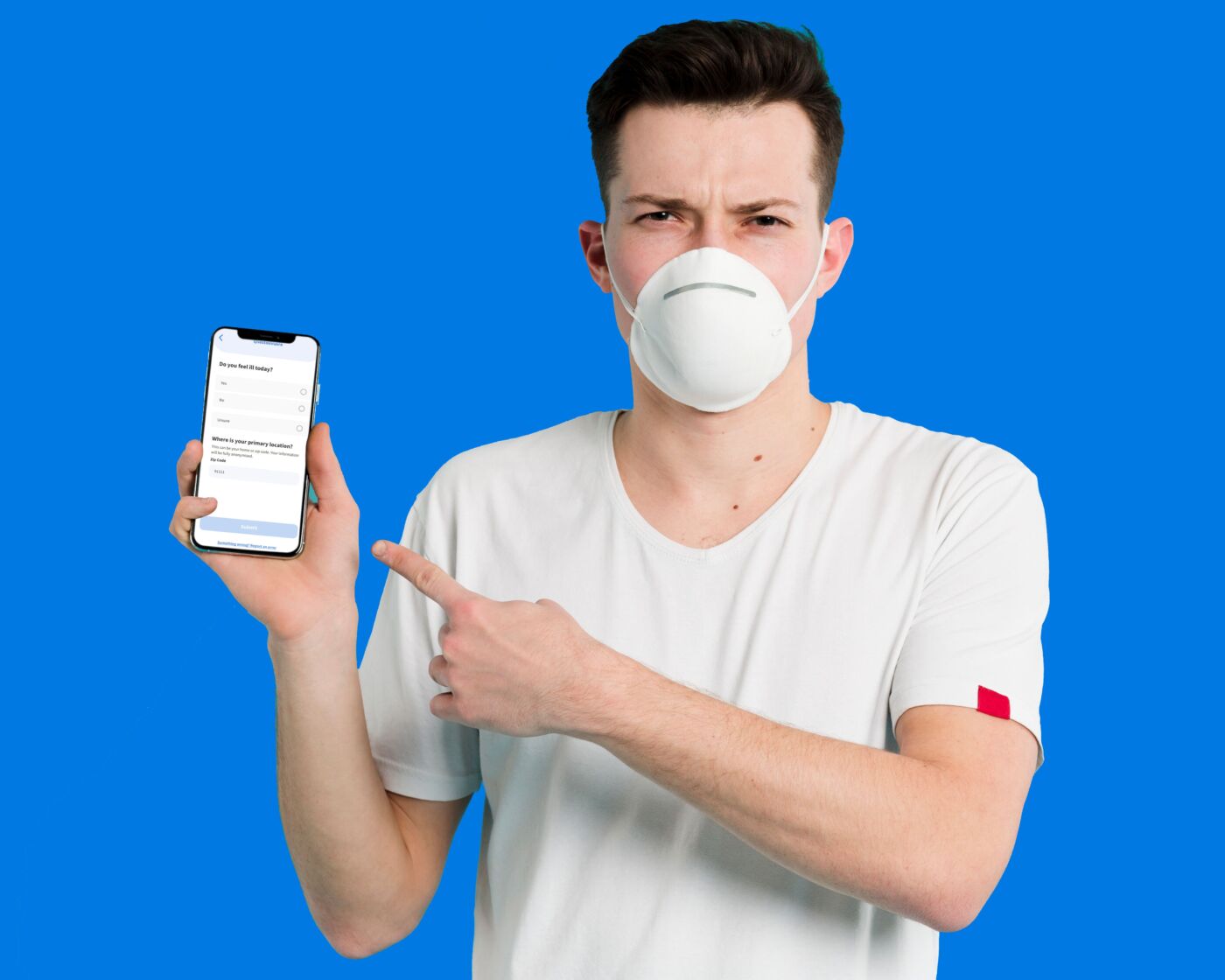
|
|
# 2024 Virufy Diagnosis AI |
|
Respiratory diseases, including COVID-19, require prompt detection and action. Traditional methods often fall short, especially in low-resource settings. This project introduces an AI-powered mobile app that analyses cough sounds recorded via smartphones to detect and predict respiratory outbreaks. Using generative AI, the app generates real-time insights and forecasts disease spread, improving early detection and enabling timely public health interventions. This approach also supports better vaccine distribution and preparation for future outbreaks, revolutionising respiratory health monitoring
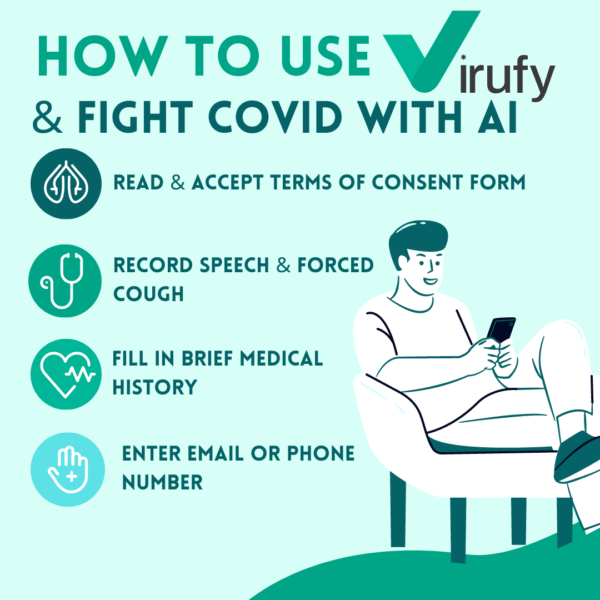

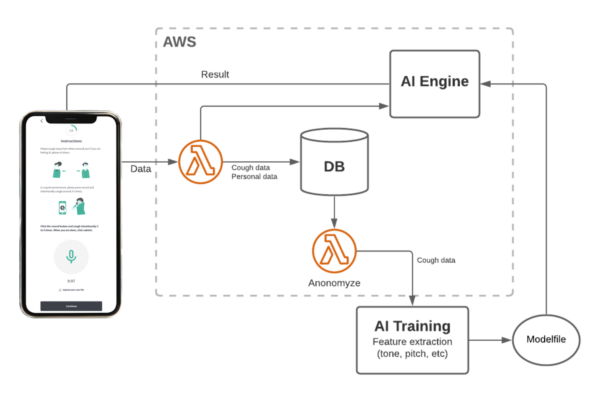
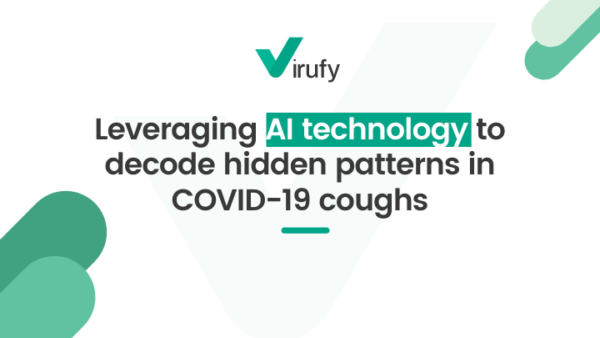

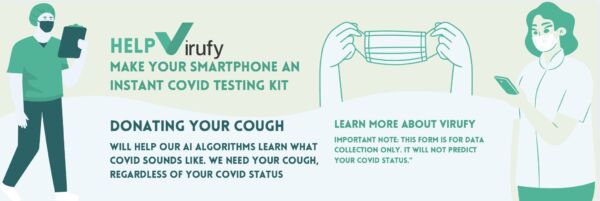
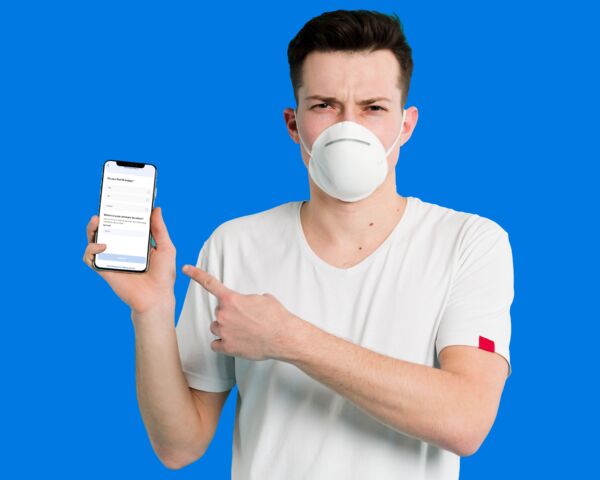

Nanyang Technological University
Targeted antimicrobial treatment for resistant infections

Early detection and non-invasive correction of breech pregnancies